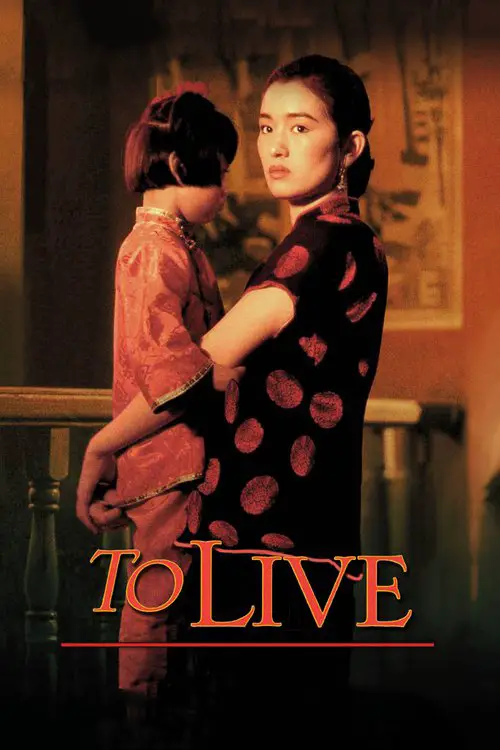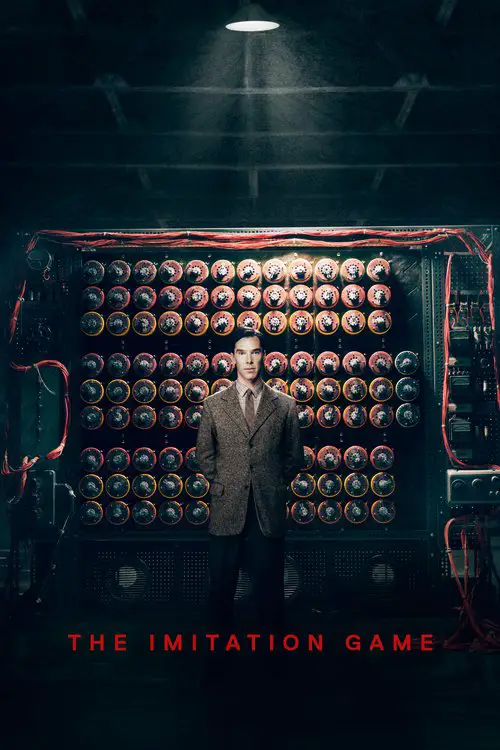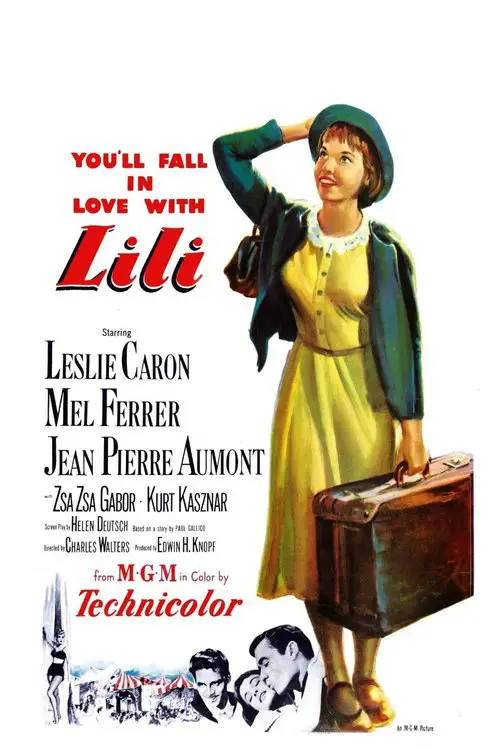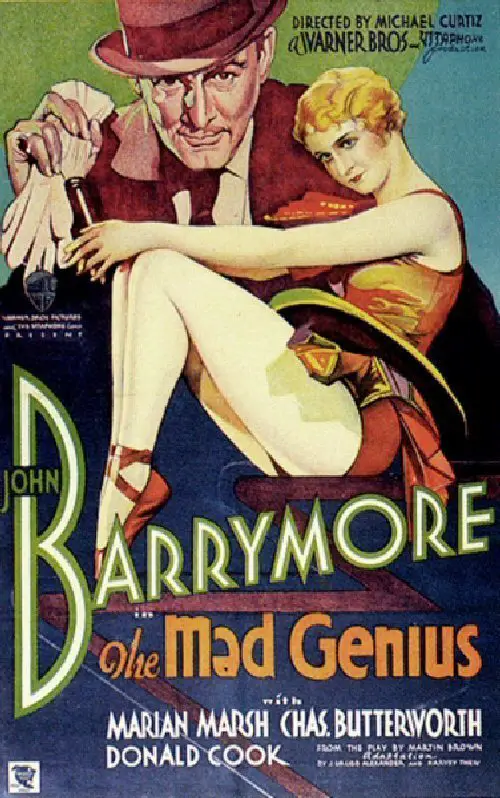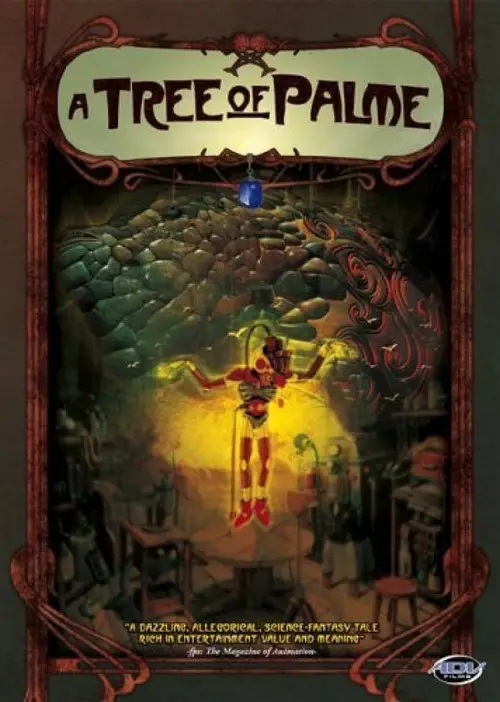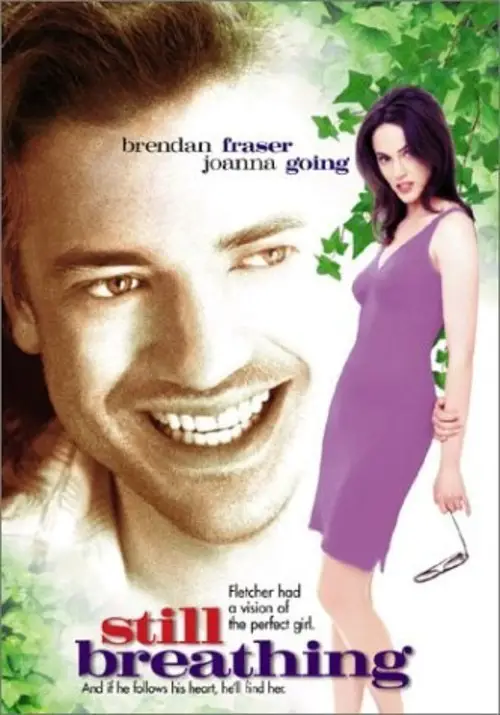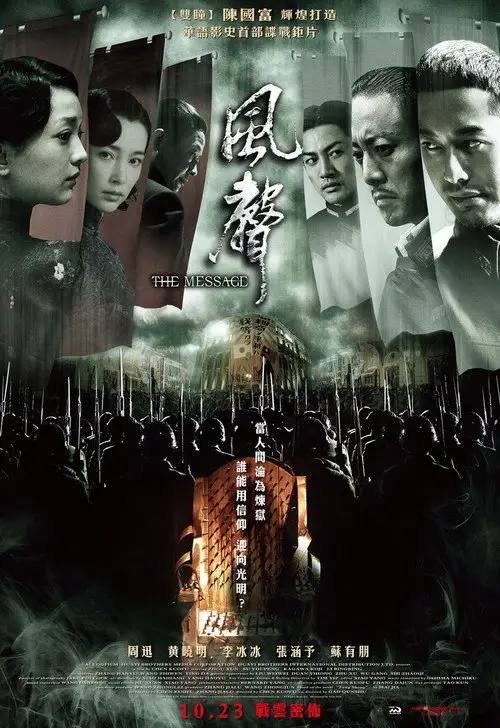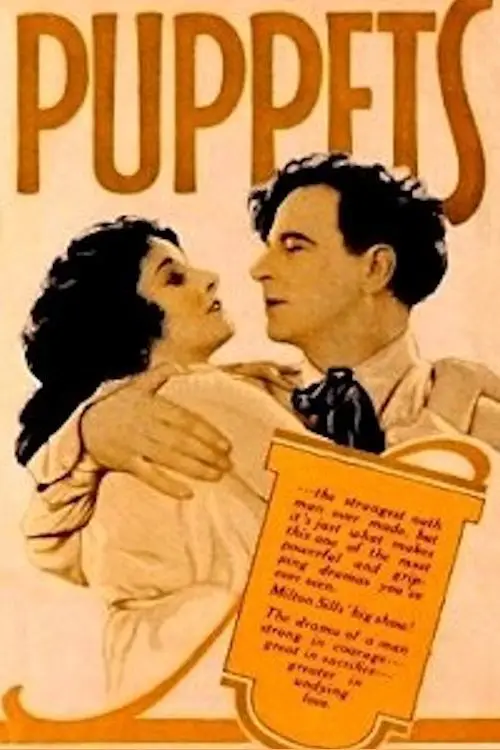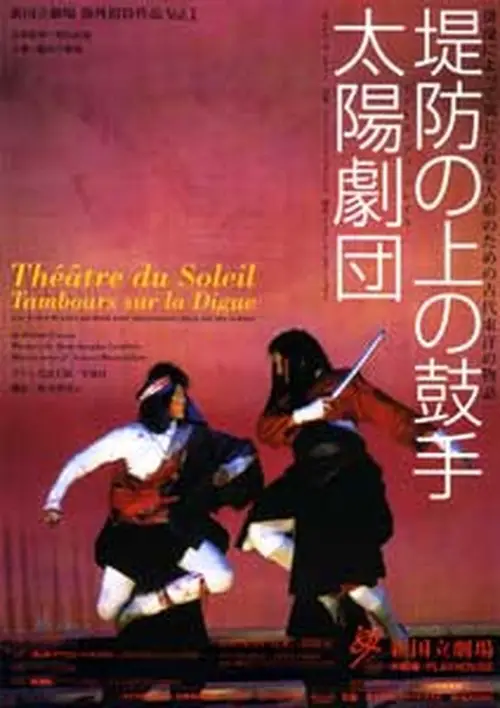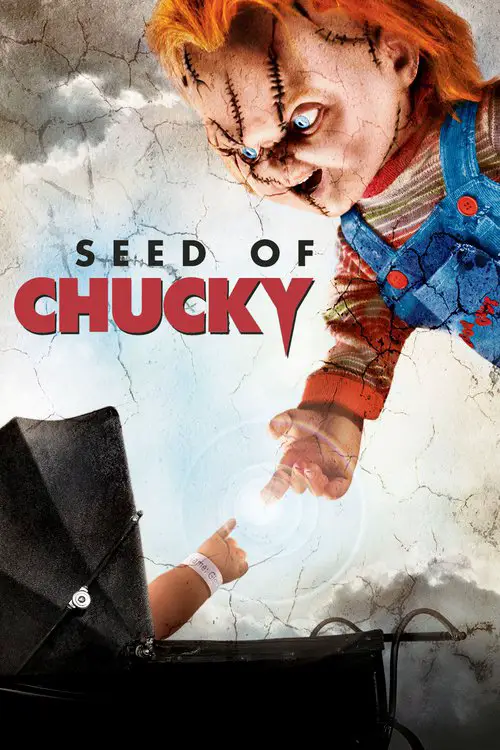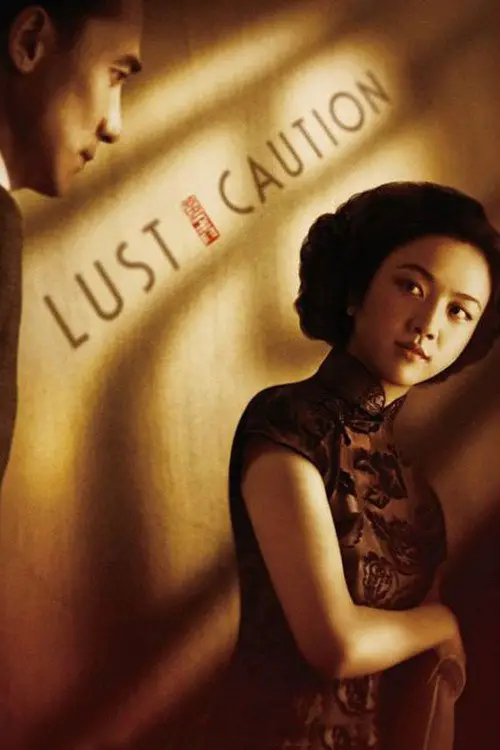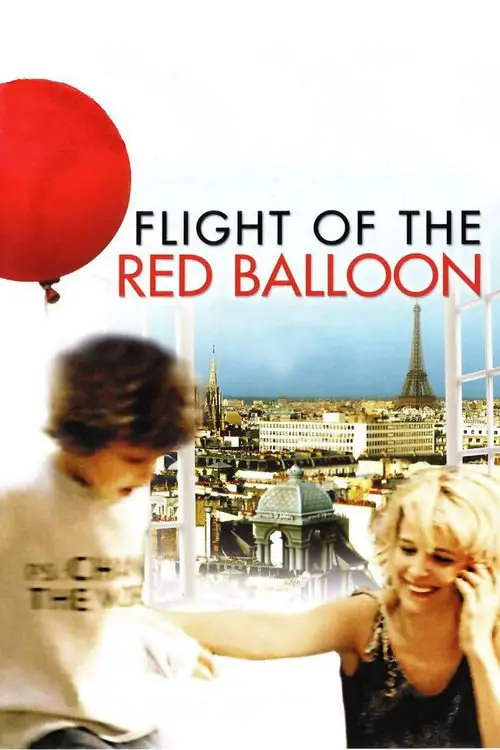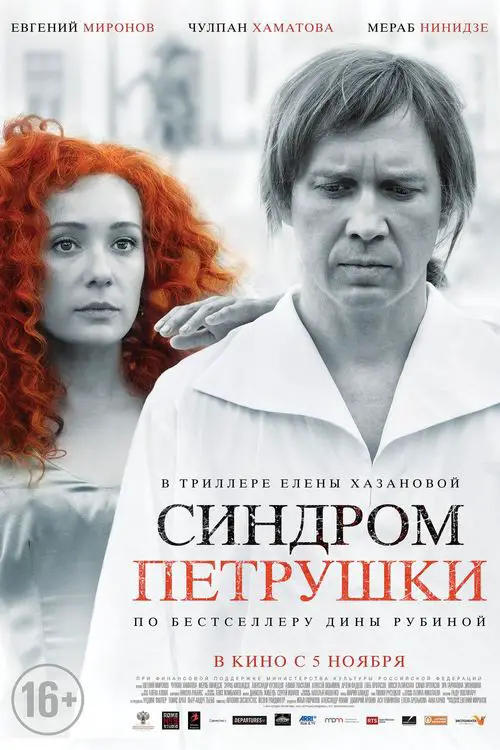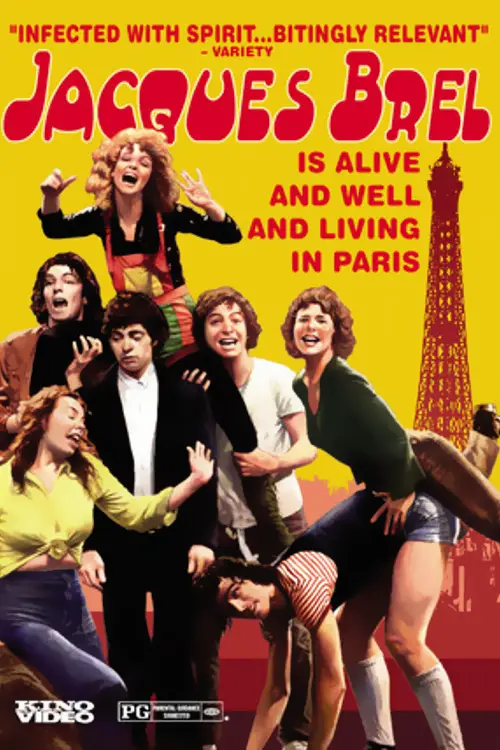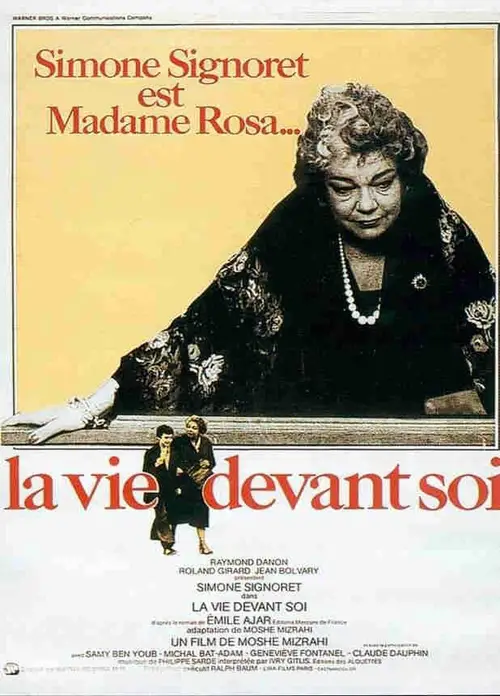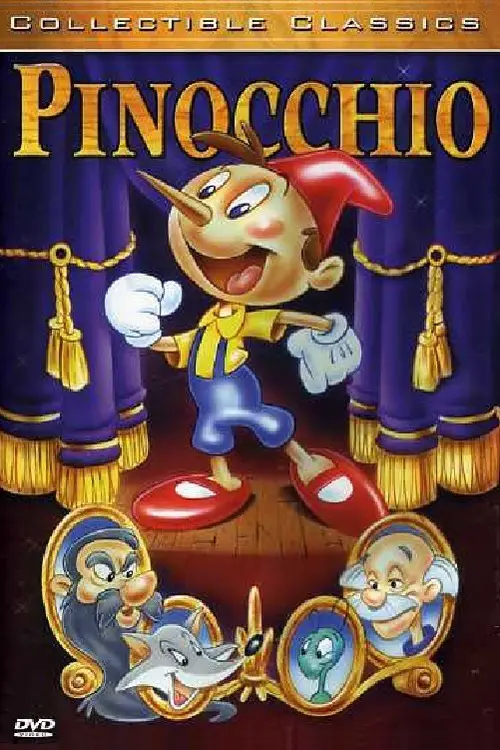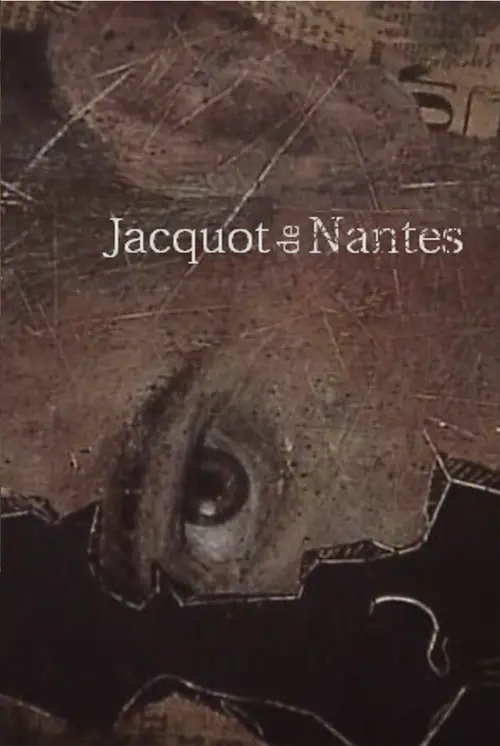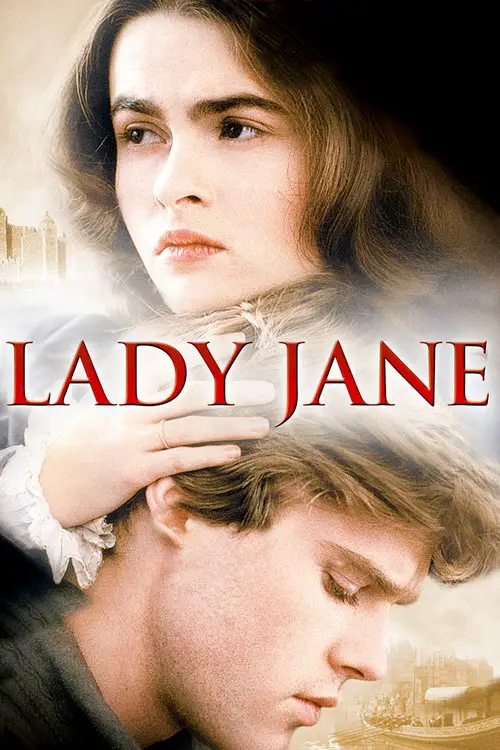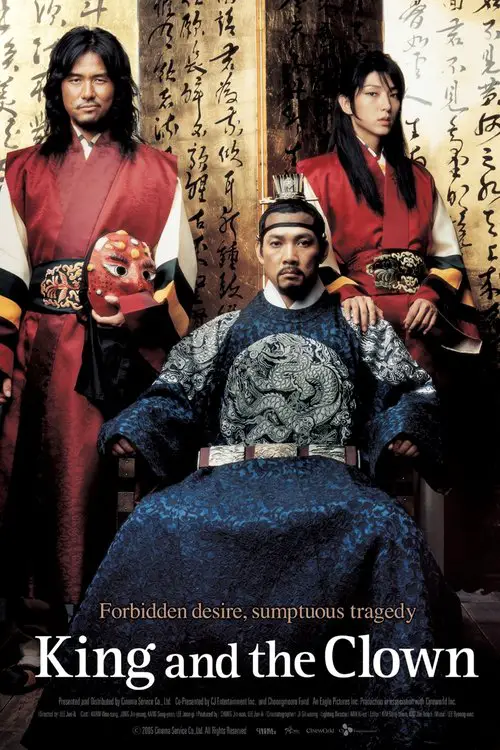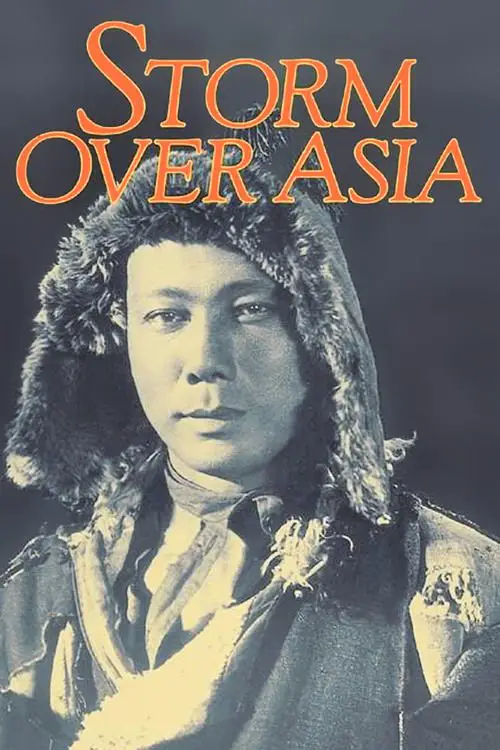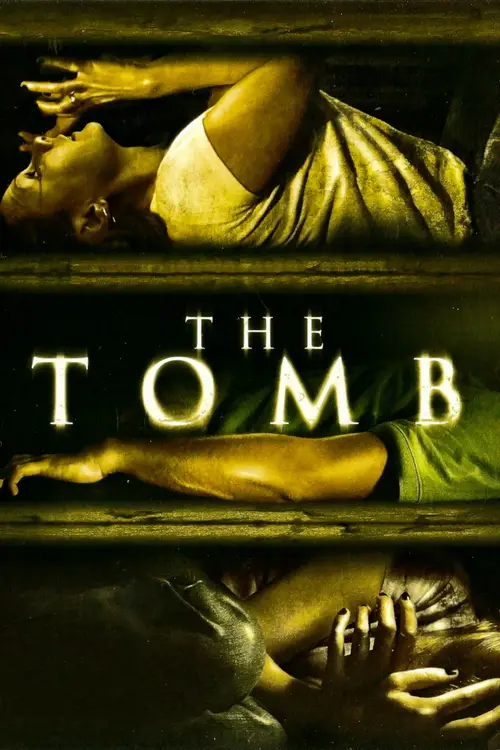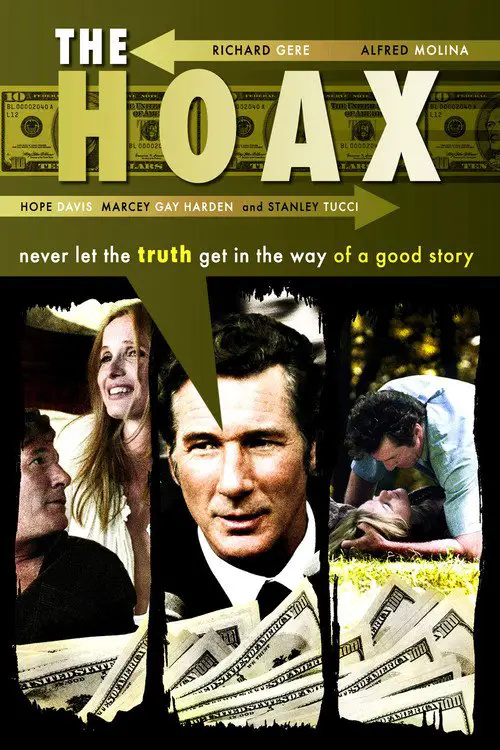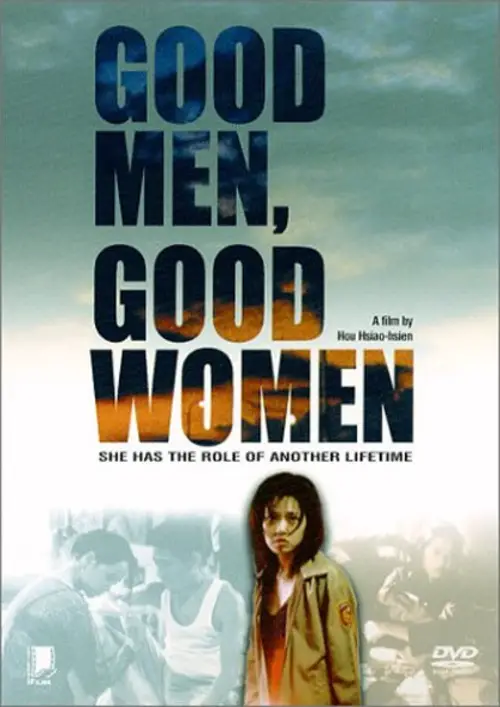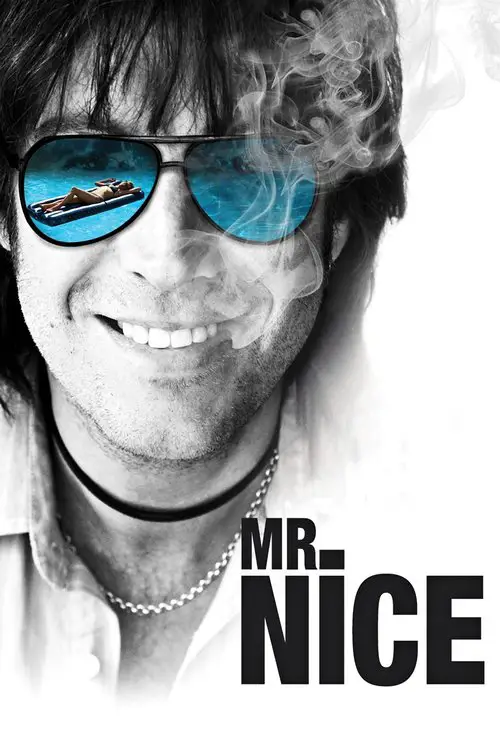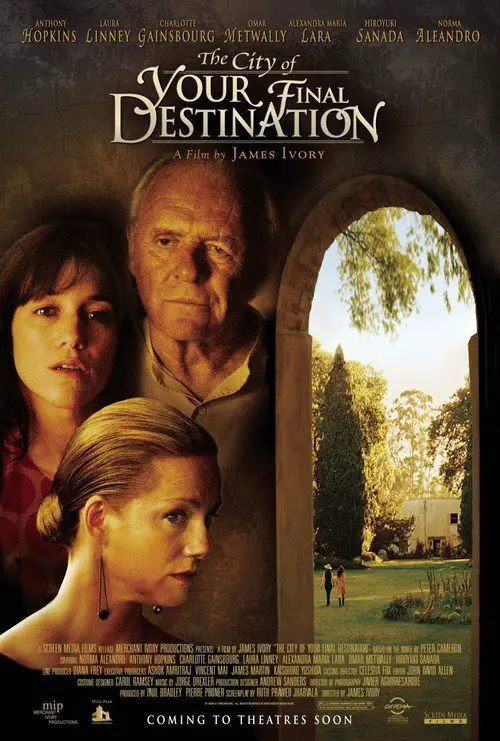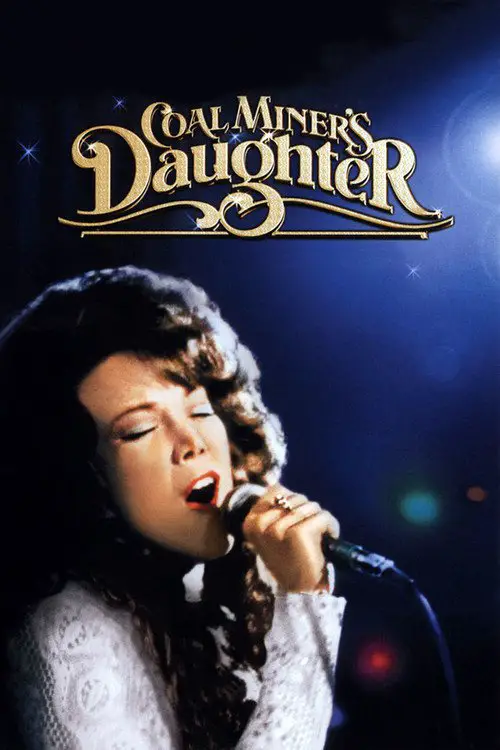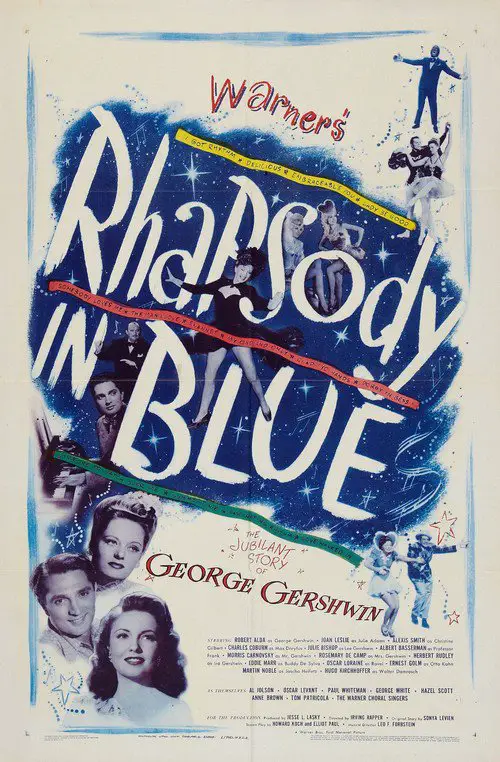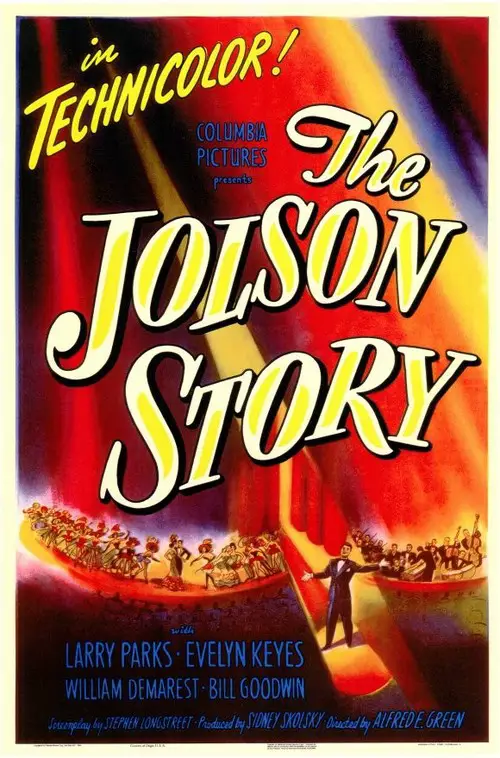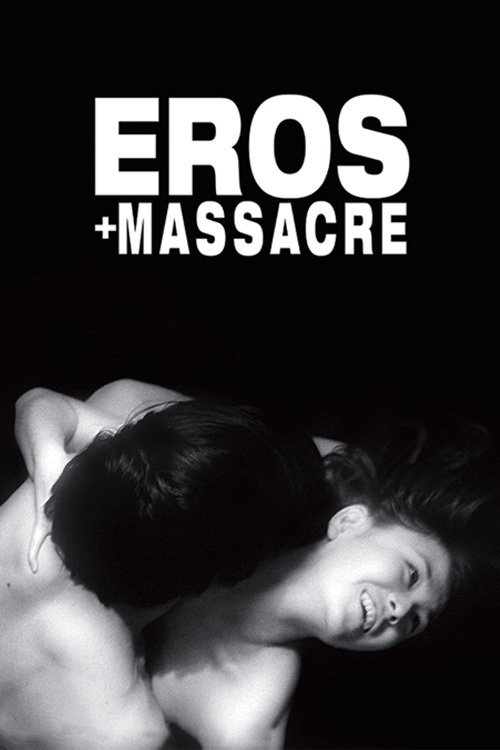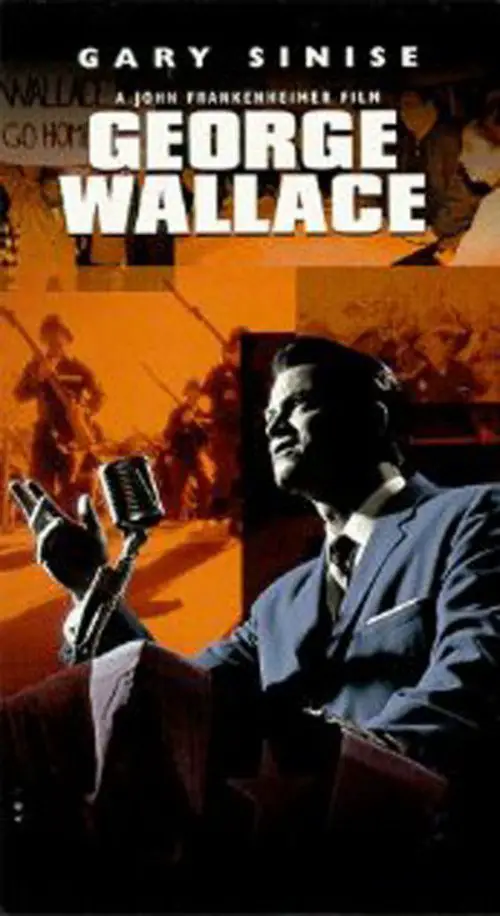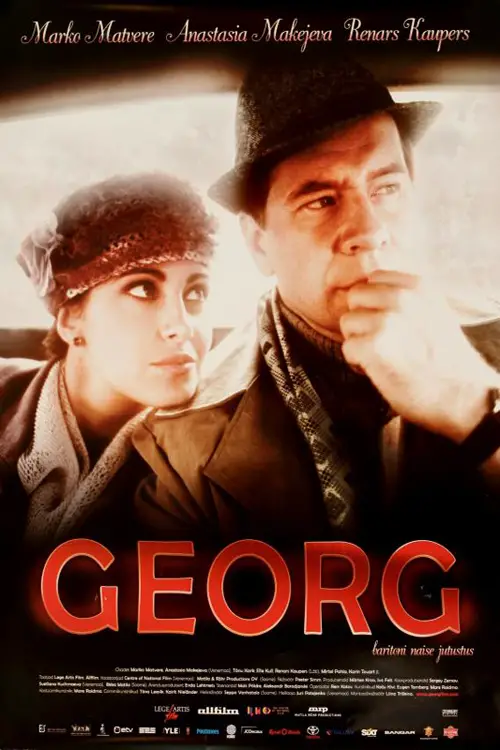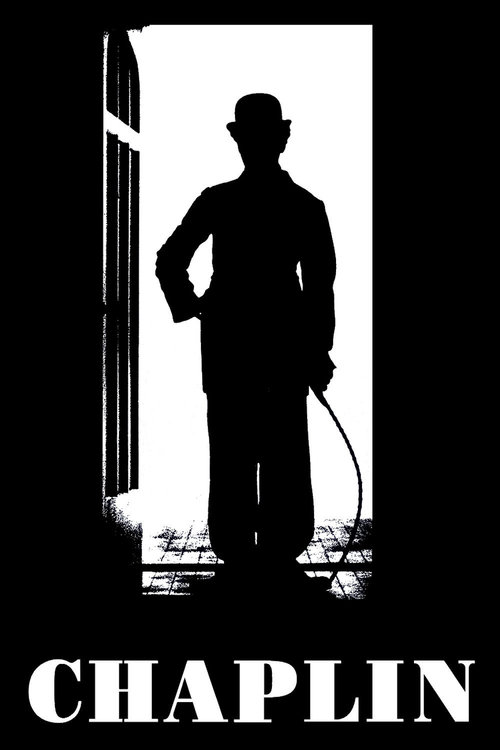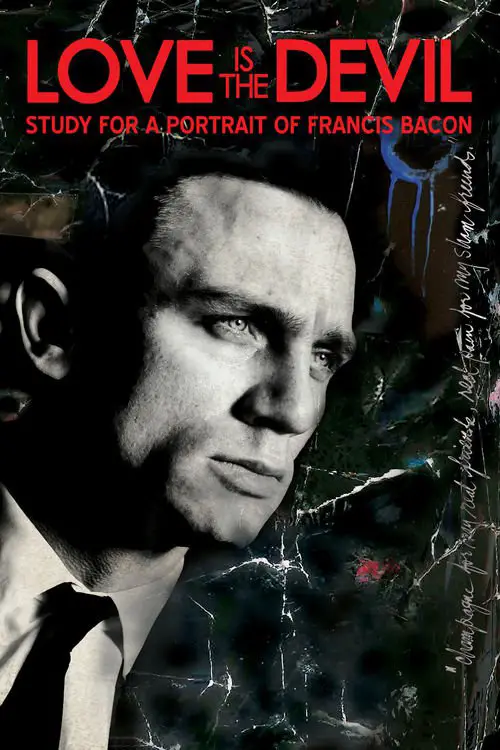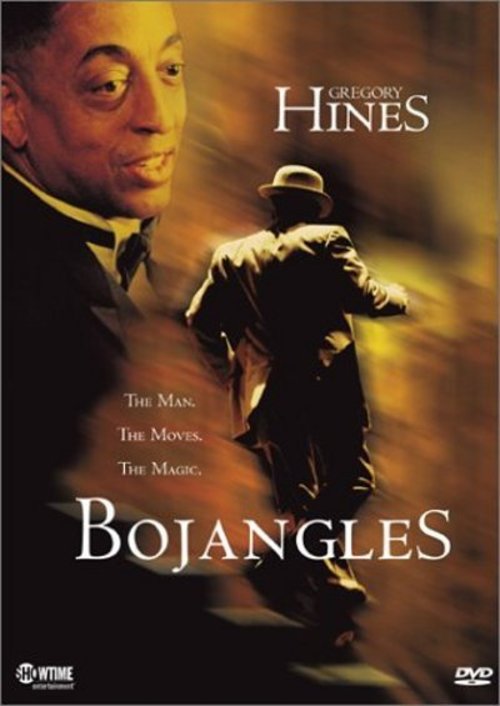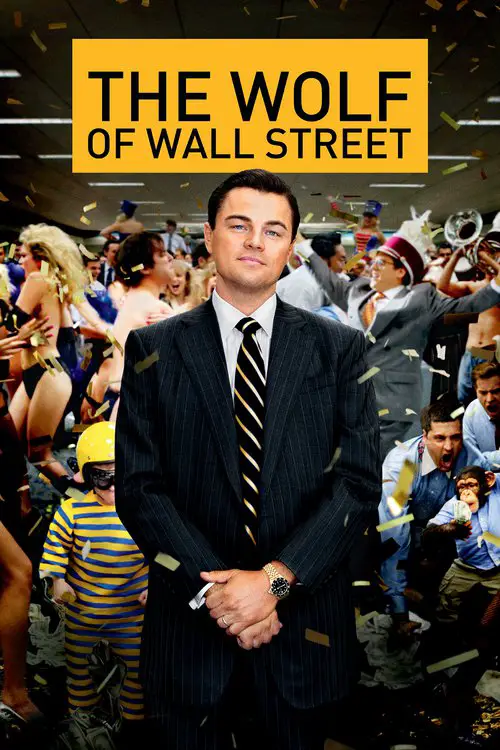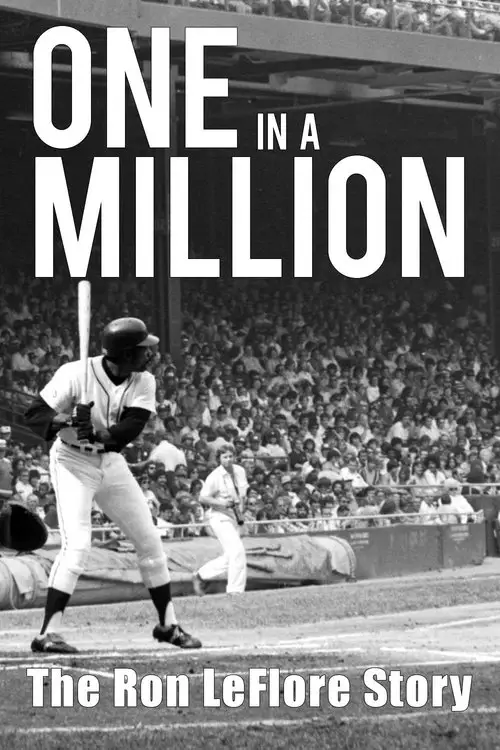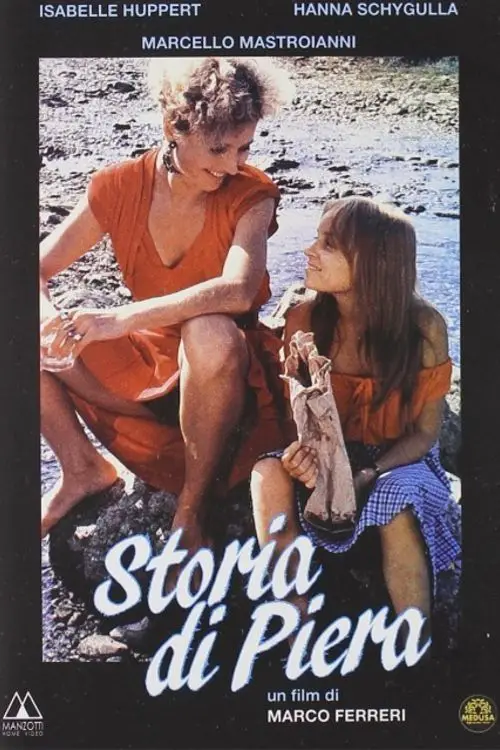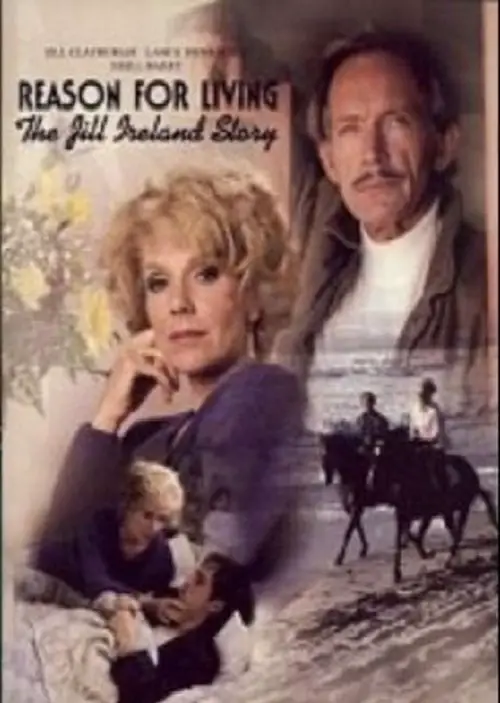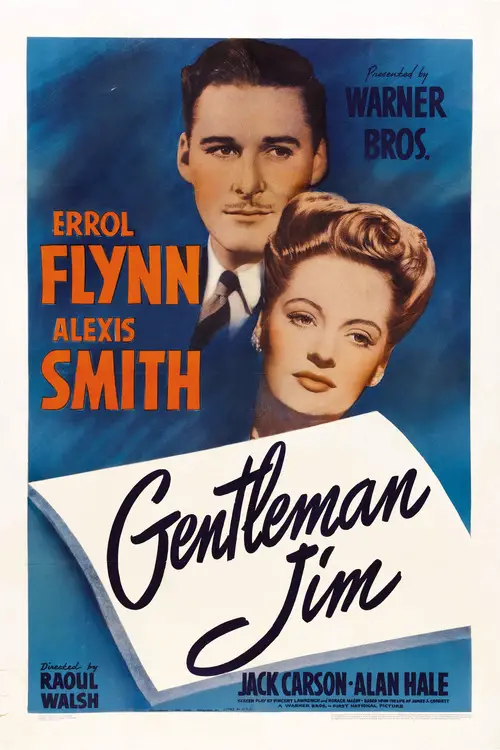The Puppetmaster (1993)
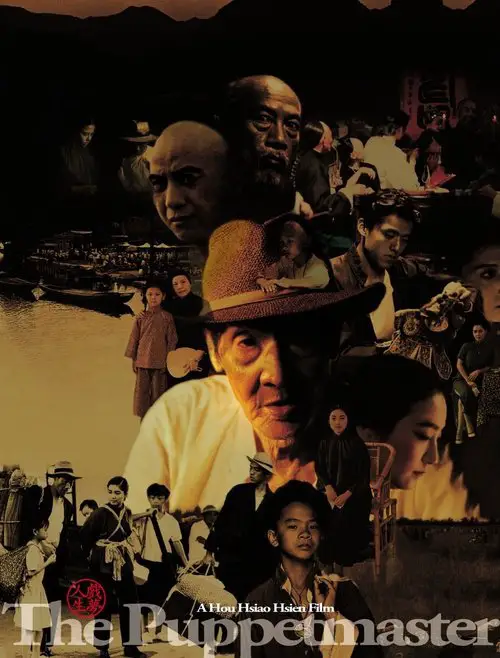
Similar movies
Spike Jonzeâs debut feature film is a love story mix of comedy and fantasy. The story is about an unsuccessful puppeteer named Craig, who one day at work finds a portal into the head of actor John Malkovich. The portal soon becomes a passion for anybody who enters itâs mad and controlling world of overtaking another human body.
Members of a circus troupe "adopt" Lili Daurier when she finds herself stranded in a strange town. The magician who first comes to her rescue already has romantic entanglements and thinks of her as a little girl. Who can she turn to but the puppets, singing to them her troubles, forgetting that there are puppeteers. A crowd gathers around Lili as she sings. The circus has a new act. She now has a job. Will she get her heart's desire?
Veronique is a beautiful young French woman who aspires to be a renowned singer; Weronika lives in Poland, has a similar career goal and looks identical to Veronique, though the two are not related. The film follows both women as they contend with the ups and downs of their individual lives, with Veronique embarking on an unusual romance with Alexandre Fabbri, a puppeteer who may be able to help her with her existential issues.
Suffering from a severe case of depression, toy company CEO Walter Black (Mel Gibson) begins using a beaver hand puppet to help him open up to his family. With his father seemingly going insane, adolescent son Porter (Anton Yelchin) pushes for his parents to get a divorce. Jodie Foster directs and co-stars as Walter's wife in this dark comedy that also features Riley Thomas Stewart and Jennifer Lawrence.
A Tree of Palme is an interpretation of the Pinocchio tale. It concerns a small puppet, Palme, who was tasked by his creator to look over his ailing wife, Xian. After her passing, Palme is visited by a mysterious woman who he mistakenly believes to be Xian. Shaken out of his sadness, Palme accepts her request to deliver something special to a far-off place known as Tama. This sets Palme off on a journey to discover his own emotions, and what it truly means to be human.
Two lost souls: she a con-artist in L.A.; he a puppeteer in San Antonio have the same dream linking each with the other. He travels to L.A. to find this woman he has become obsessed with. She resists, afraid of his kooky ideas until she travels with him to San Antonio and meets his wise grandmother. Story of two disparate people linked by "fate" gets increasingly interesting as it rolls along.
The movie is about Sita, the Hindu Goddess from the epic "The Ramayana", who accompanies Lord Rama on a 14 year exile in forest. Sita is abducted by Ravana, the ruler of Lanka. This movie tells the story of Rama and Sita, along-with a biographical account of the director's relationship with her husband. It intersperses events from the Ramayana, light-hearted but knowledgeable discussion of historical background by a trio of Indian shadow puppets, musical interludes voiced with archival tracks by Annette Hanshaw and scenes from the artist's own life. The ancient mythological and modern biographical plot are parallel tales, sharing numerous themes.
1942, Nanjing (Nanking). Following a series of assassination attempts on officials of the Japanese-controlled puppet government, the Japanese spy chief gathers a group of suspects in a mansion house for questioning. A tense game of "cat and mouse" ensues as the Chinese code-breaker attempts to send out a crucial message while protecting his/her own identity.
An unnamed man, simply called "The Man" (Richard Schaal) is trapped in a cubical white room where anyone else can enter and leave, but which he himself apparently cannot leave. A stool is brought in covered in strawberry jam, the furniture changes throughout the play. The main character, is subjected to an increasingly puzzling and frustrating series of encounters, as a variety of people come through various hidden doors. But, as many remind him, he can only leave through his own door, so he must find it to leave. Originally airing on NBC's weekly anthology television show NBC Experiment in Television in 1969, the production was produced and directed by puppeteer and filmmaker Jim Henson, and was one of several experiments with the live-action film medium which he conducted in the 1960s, before focusing entirely on The Muppets and other puppet works.
A very free adaptation of Marlowe's 'Doctor Faustus', Goethe's 'Faust' and various other treatments of the old legend of the man who sold his soul to the devil. Svankmajer's Faust is a nondescript man who, after being lured by a strange map into a sinister puppet theatre, finds himself immersed in an indescribably weird version of the play, blending live actors, clay animation and giant puppets.
Based on the play by Hélène Cixous, filmed in 2002, Tambours sur la Digue is a story written by Hélène Cixous based on an ancient Asian fable about who shall be saved during a flood and presented by live actors as puppets and puppeteers, evoking the theatrical traditions of Japanese Noh and bunraku.
The killer doll is back! The all-new film is the fifth in the popular series of Chucky ("Child's Play") horror comedies. Making his directorial debut is the franchise creator and writer of all five films, Don Mancini. The film introduces Glen (voiced by "The Lord of the Rings" star Billy Boyd), the orphan doll offspring of the irrepressible devilish-doll-come-to-life Chucky (again voiced by series
The first part in a new series of films produced by Musée d'Orsay, 'Flight of the Red Balloon' tells the story of a French family as seen through the eyes of a Chinese student. The film was shot in August and September 2006 on location in Paris. This is Hou Hsiao-Hsien's first Western film. It is based on the classic French short The Red Balloon directed by Albert Lamorisse.
Since early childhood Peter has been obsessed with the world of puppets, but his greater obsession is with a real girl, Lisa. He crafts his perfect woman out of her. But Lisa isn't a docile marionette. She's a living human being and she rebels against her creator. Based on the critically-acclaimed, brilliant and poignant novel by one of the best contemporary Russian writers, Dina Rubina, "Petrushka Syndrome" is a multidimensional metaphor, where a sense of duality pervades everything. People and dolls, life and art, the Creator and the creation depend on one another. And where does one draw the line between them?
Madame Rosa lives in a sixth-floor walkup in the Pigalle; she's a retired prostitute, Jewish and an Auschwitz survivor, a foster mom to children of other prostitutes. Momo is the oldest and her favorite, an Algerian lad whom she raises as a Muslim. He asks about his parents; she answers evasively. As she ages and takes fewer children, Momo must do more for her; as money is tight, he tries to earn pennies on the street with a puppet. He's a beautiful man-child, and Madame Rosa makes him promise never to sell himself or become a pimp. A film editor, Nadine, befriends him, and his father appears as well. Madame Rosa reaches her last days in fear of hospitals, and Momo must act.
The Little Wooden Toy. The unforgettable story of a little wooden boy who longs with all his heart to become real. When a small spark of magic escapes from the Blue Fairy's home, it travels down toy maker Gepetto's chimney, bringing one small log to life. Then, when Gepetto's toys stop being sold regularly, he decides to make a toy for his own using this same log. Soon, his new wooden puppet is complete, which instantly comes to life getting mixed up in all kinds of troubles. Soon, however, with the guidance of the talking cricket and the Blue Fairy, Pinocchio learns what is needed for him to earn his heart's desire of becoming a real boy. Written by Frederick Irizarry.
The story is set soon after the reunification of West and East Germany, and is about the disintegrating relationship between Jockel a political activist and Stefan a heroin junkie, and their involvement with a bisexual Micha. A 2nd plot line is concerned with Micha's young son Sascha, and his life in a rundown world of drugs and poverty. His fascination with the creepy, exhibitionist puppeteer Firlefanz, whose grotesque puppets enact a gay fairy tale paralleling the relationship of Stefan and Jockel. Central to the disintegration of these characters is the drug dealer Ingolf, who 'pulls their strings' with heroin, instead of puppet wires.
Jacquot Demy is a little boy at the end of the thirties. His father owns a garage and his mother is a hairdresser. The whole family lives happily and likes to sing and to go to the movies. Jacquot is fascinated by every kind of show (theatre, cinema, puppets). He buys a camera to shoot his first amateur film... An evocation of French cineast Jacques Demy's childhood and vocation for the cinema and the musicals.
The death of King Henry VIII throws his kingdom into chaos because of succession disputes. His weak son Edward, is on his deathbed. Anxious to keep England true to the Reformation, a scheming minister John Dudley marries off his son, Guildford to Lady Jane Grey, whom he places on the throne after Edward dies. At first hostile to each other, Guildford and Jane fall in love. But they cannot withstand the course of power which will lead to their ultimate downfall.
Set in the late 15th century during the reign of King Yeonsan, two male street clowns and tightrope walkers, Jangsaeng (Gam Wu-seong) and Gong-gil (Lee Joon-gi), are part of an entertainer troupe. Their manager prostitutes the beautiful Gong-gil to rich customers, and Jangsaeng is sickened by this practice. After Gong-gil kills the manager in defense of Jangsaeng, the pair flee to Seoul, where they form a new group with three other street performers...
In 1918 a young and simple Mongol herdsman and trapper is cheated out of a valuable fox fur by a European capitalist fur trader. Ostracized from the trading post, he escapes to the hills after brawling with the trader who cheated him. In 1920 he becomes a Soviet partisan, and helps the partisans fight for the Soviets against the occupying British army. However he is captured by the British when they try to requisition cattle from the herdsmen at the same time as the commandant meets with a reincarnated Grand Lama. After the trapper is shot, the army discovers an amulet that suggests he is a direct descendant of Genghis Khan. They find him still alive, so the army restores his health and plans to use him as the head of a puppet regime. The trapper is thus thrust into prominence as he is placed in charge of the puppet government. By the end, however, the "puppet" turns against his masters in an outburst of fury.
Internationally acclaimed ventriloquist Nina Conti, takes the bereaved puppets of her mentor and erstwhile lover Ken Campbell on a pilgrimage to 'Venthaven' the resting place for puppets of dead ventriloquists. She gets to know her latex and wooden travelling partners along the way, and with them deconstructs herself and her lost love in this ventriloquial docu-mocumentary requiem. Ken Campbell was a hugely respected maverick of the British Theatre, an eccentric genius who would snort out forgotten artforms. Nina was his prodigy in ventriloquism and has been said to have reinvented the artform. This film is truly unique in genre and style. No one has seen ventriloquism like this before.
Based on a story by the master of outrageous horror, H.P. Lovecraft, this bloodcurdling film introduces the "Puppetmaster." Imprisoning a group of people in a living hell of darkness and death the Puppetmaster controls the fate of each one. One by one, the captives awake in agonizing pain - some are slightly injured, others are fatally wounded. The survivors are also mentally tortured by the unseen villain, who demands that there can be only one winner at this game.
Intended as the concluding film in the trilogy on the modern history of Taiwan began with Beiqing Chengshi (1989), this film reveals the story through three levels: a film within a film as well as the past and present as linked by a young woman, Liang Ching. She is being persecuted by an anonymous man who calls her repeatedly but does not speak. He has stolen her diary and faxes her pages daily. Liang is also rehearsing for a new film that is due to go into production soon. The film, entitled Haonan Haonu, is about a couple Chiang Bi-yu and Chung Hao-tung who returns to China to participate in the anti-Japanese movement in China in the 1940s and are arrested as communists when they go back to Taiwan.
28-year-old Kansas University doctoral student Omar Razaghi wins a grant to write a biography of Latin American writer Jules Gund. Omar must get through to three people who were close to Gund--his brother, widow, and younger mistress--so he can get authorization to write the biography. Written by Marisa_Gabriella, edited by Krystal Frauendienst
The Jolson Story is a 1946 musical biography which purports to tell the life story of singer Al Jolson. It stars Larry Parks as Jolson, Evelyn Keyes as "Julie Benson" (approximating Jolson's wife, Ruby Keeler), William Demarest as his manager, Ludwig Donath and Tamara Shayne as his parents, and Scotty Beckett as the young Jolson.
George Wallace is a 1997 television film starring Gary Sinise as George Wallace, the former Governor of Alabama. It was directed by John Frankenheimer, who won an Emmy award for it; Sinise and Mare Winningham also won Emmies for their performances. The film was based on the 1996 biography Wallace : The Classic Portrait of Alabama Governor George Wallace by Marshall Frady, who also co-wrote the teleplay. Frankenheimer's film was highly praised by critics: in addition to the Emmy awards, it received the Golden Globe for Best Miniseries/Motion Picture made for TV. Angelina Jolie also received a Golden Globe for her performance as Wallace's second wife, Cornelia.
A biopic based on the life story of J.C. Daniel, the pioneer of Malayalam cinema. It is a detailed account on Daniel's life, making of his film Vigathakumaran and the tragic story of Vigathakumaran's heroine P. K. Rosie. The film is particularly based on the novel Nashta Naayika by Vinu Abraham (which details the story of Rosie) and the biography of J. C. Daniel by Chelangatt Gopalakrishnan.
In February, 1962, as the civil rights movement reaches Bayonne, Louisiana, a New York journalist arrives to interview Jane Pittman, who has just turned 110. She tells him her story dating back to her earliest memories before slavery ended. In between the chapters of her life, the present-day struggles of Blacks in Bayonne, urged on by Jimmy, are dramatized.
One in a Million: The Ron LeFlore Story was a 1978 made for TV movie telling the story of Ron LeFlore, a troubled Detroit youth who rose from Michigan prisons to star in Major League Baseball with the Detroit Tigers. The movie was based on LeFlore's autobiography, Breakout: From Prison to the Big Leagues.
It follows LeFlore from his heroin addiction, to his time in Michigan's Jackson State Penitentiary, and tells of his discovery in prison by Billy Martin, who was then the manager of the Detroit Tigers. The role of Ron LeFlore was played by LeVar Burton. Larry B. Scott portrayed Ron LeFlore's younger brother.
Former Detroit manager Billy Martin played himself, and former Tiger players Norm Cash, Bill Freehan, Al Kaline, and Jim Northrup also appeared as themselves. The movie first aired on CBS Television on September 26, 1978.
© Valossa 2015–2026
| Privacy Policy
